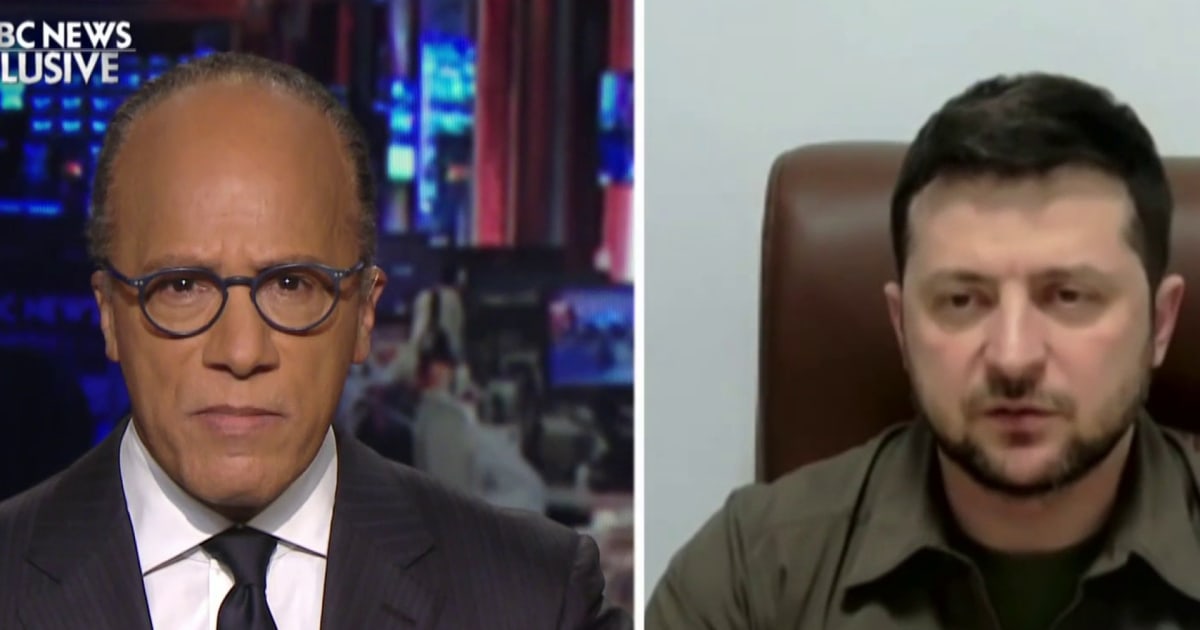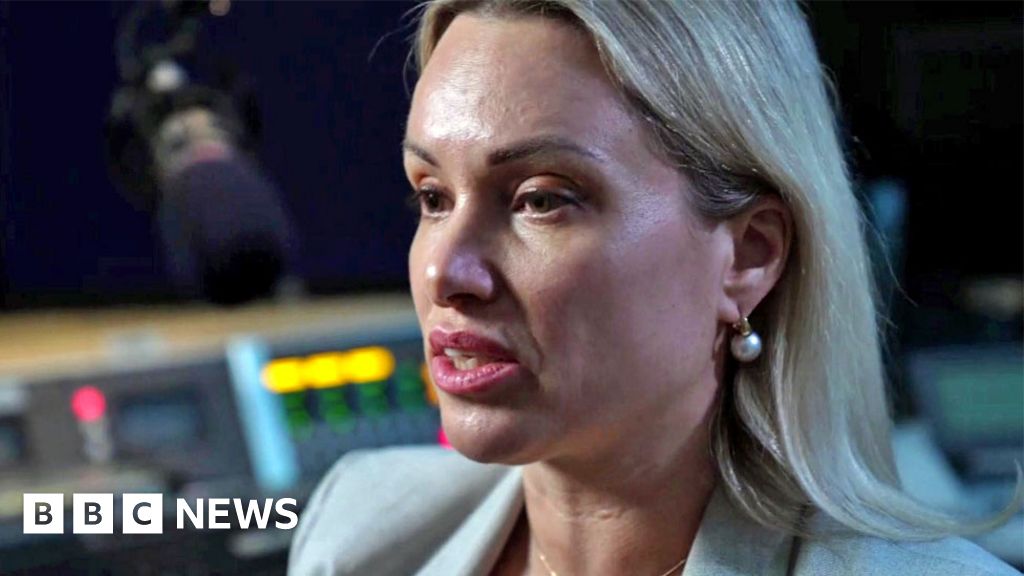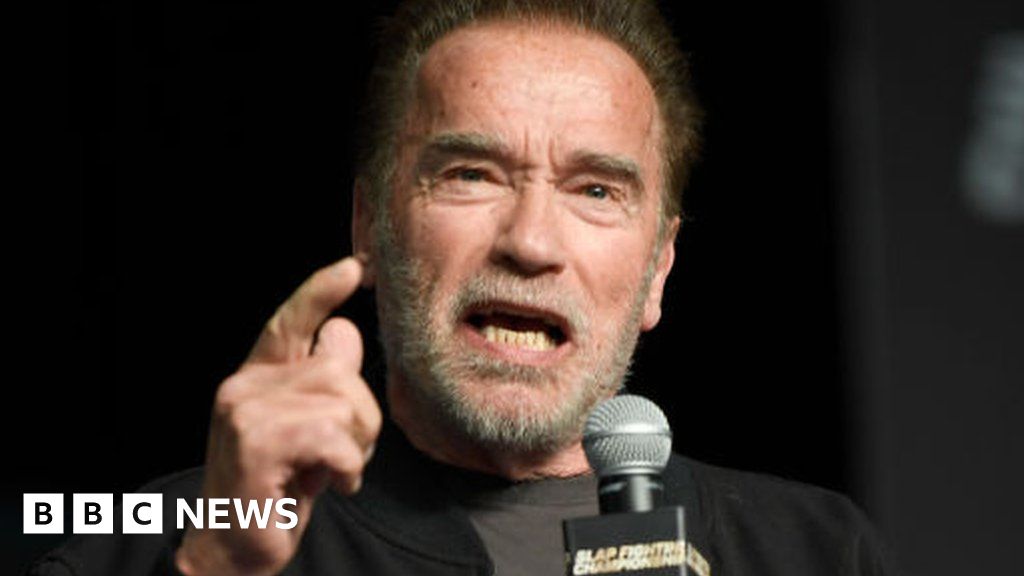One of the best snipers in the world, Wali (from QC!!!), now hunting in Ukraine...


Last edited:

Yes and he is telling everyone who he is, when he is arriving in Ukraine and what he plans to do there.One of the best snipers in the world, Wali, now hunting in Ukraine...


Would you call a 90lb - 90 year-old midget a coward when, against his will, he is thrown into a boxing ring with Klitschko and begs for help?The guy is hiding in a bunker doing zoom interviews looking to implicate other countries to fight his war....you call that a man's man!!!..WTF!!!
The guy is hiding in a bunker doing zoom interviews looking to implicate other countries to fight his war....you call that a man's man!!!..WTF!!!


It may be so! It's not as if this invasion was a total shock since Putin has been telegraphing his intentions since 2014 in regards to Ukraine!Somehow I think the only real disgrace to humanity here is Putin and his close cronies.

I would agree with you that you have incompetent people running things Sleepy Joe and Cackling Kamala front and centre, but the leaders of NATO don’t seem to get it either that Putin doesn’t understand anything else except brute force. What will they do when he continues this to the Baltic countries or Poland, Hungary, Moldova, Romania who is next.It may be so! It's not as if this invasion was a total shock since Putin has been telegraphing his intentions since 2014 in regards to Ukraine!! This is what happens when you have incompetent clowns running the show!!!
I was also inferring about the leaders of the Eurozone and NATO......but the leaders of NATO don’t seem to get it either that Putin doesn’t understand anything else except brute force.
That's just speculation!...In my opinion that's quite far fetched!What will they do when he continues this to the Baltic countries or Poland, Hungary, Moldova, Romania who is next.
Funny I don’t remember any Cossacks in Hungary or Check Republic, or Slovakia, Hungarian is defiantly nothing like a Slavic language or any other for that matter.I was also inferring about the leaders of the Eurozone and NATO.
That's just speculation!...In my opinion that's quite far fetched!
As I mentoned in Post #18, Putin's pretext is to reintegrate Ukraine into Russia as they are all brothers in arms!...with the same East Slav root language! Russian Cossacks, Ukrainian Cossacks...a cossack is a cossack!...Although, I am sure Putin's real pretext for the invasion is different.






